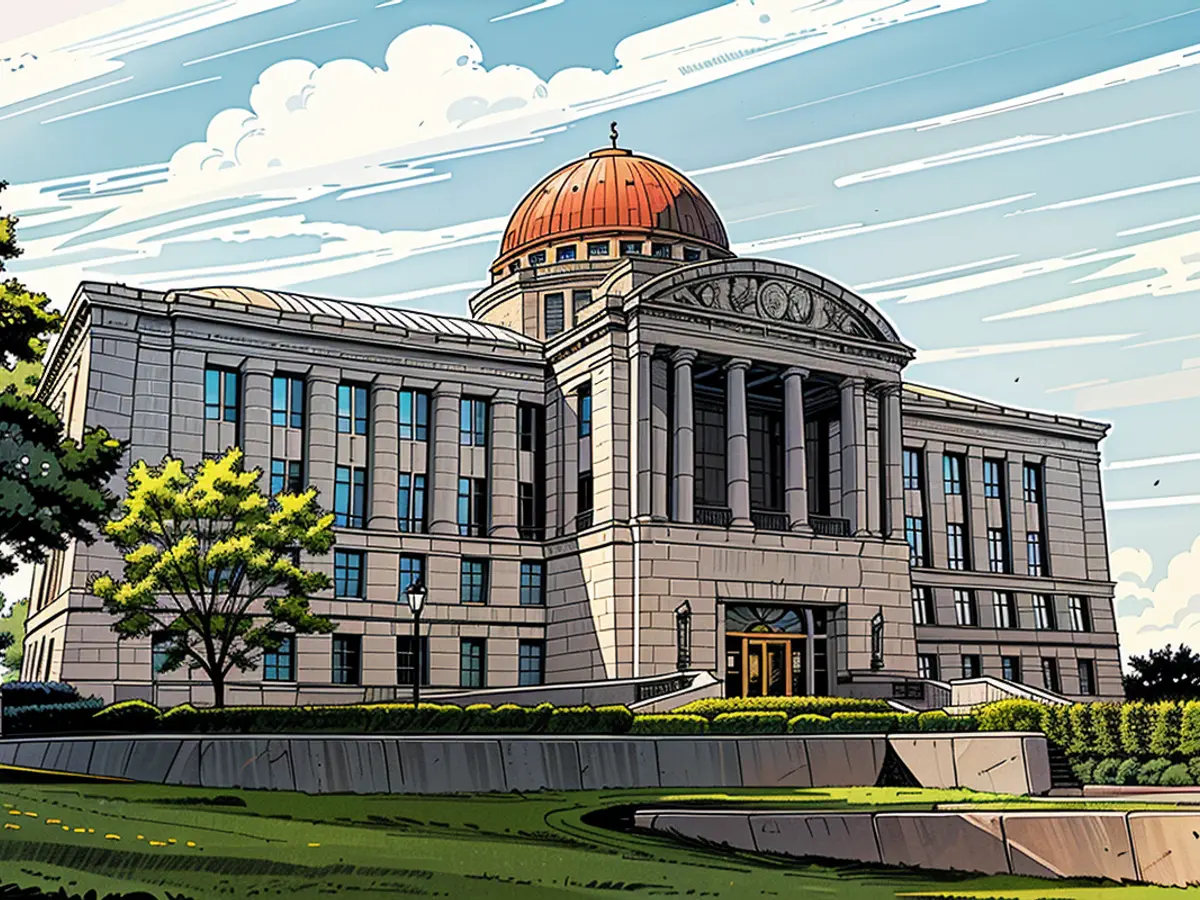Iowa Supreme Court upholds state’s 6-week abortion ban
The ruling will dramatically restrict abortions in Iowa, where women were able to seek the procedure for up to 22 weeks as legal challenges played out against the six-weekban.
The ban will prohibit physicians from providing most abortions after early cardiac activity can be detected in a fetus or embryo, commonly as early as six weeks into pregnancy, before many women know they are pregnant. It includes exceptions for miscarriages, when the life of the pregnant woman is threatened and fetal abnormalities that would result in the infant’s death. Exceptions will also be made for pregnancies resulting from rapes reported within 45 days and incest reported within 140 days.
The case is part of the larger political fallout around the issue of abortion since the US Supreme Court overturned federal abortion rights in June 2022. The high court ruling allowed abortion rights to be determined by state governments. Several bans were quickly met with challenges from abortion rights groups, and many are still being litigated, including in Utah, Ohio and Wyoming. And on Thursday, the Supreme Court blocked the enforcement of Idaho’s strict abortion law.
The Iowa ban was passed in July 2023 during a special legislative session called solely to pass abortion restrictions, afterthe state Supreme Court declined to lift a block on a similar 2018 bill. The 2023 ban immediately faced challenges from the local Planned Parenthood and American Civil Liberties Union chapters, along with other reproductive rights advocates. A state district court temporarily blocked the measure three days after it went into effect.
Attorneys for the state argued in a brief that Iowa’s constitution “does not recognize a fundamental right to an abortion” and as a result, the abortion ban doesn’t “implicate a fundamental right.” Thus, they claimed that the court must only establish whether the legislation has a “rational basis.”
Reproductive rights advocates said that a law that restricts abortions as early as six weeks into pregnancy will prevent most Iowans from accessing an abortion as many people do not know they are pregnant at that point.
Even if some women determine they are pregnant before six weeks, they will face “substantial logistical and financial obstacles in arranging to have an abortion in Iowa before their time runs out,” attorneys for Planned Parenthood and the ACLU local chapter argued in a brief.
With Iowa’s ban now in effect, it joins nearly two dozen states that have banned or limited access to abortion. Florida, Georgia and South Carolina have similar six-week restrictions in place.
This Supreme Court decision to overturn federal abortion rights has sparked intense politics around the issue, with several states implementing bans and facing legal challenges. The Iowa ban, passed in July 2023, immediately faced challenges from reproductive rights advocates, who argued that the law's early six-week cutoff creates significant obstacles for many women seeking abortions.








